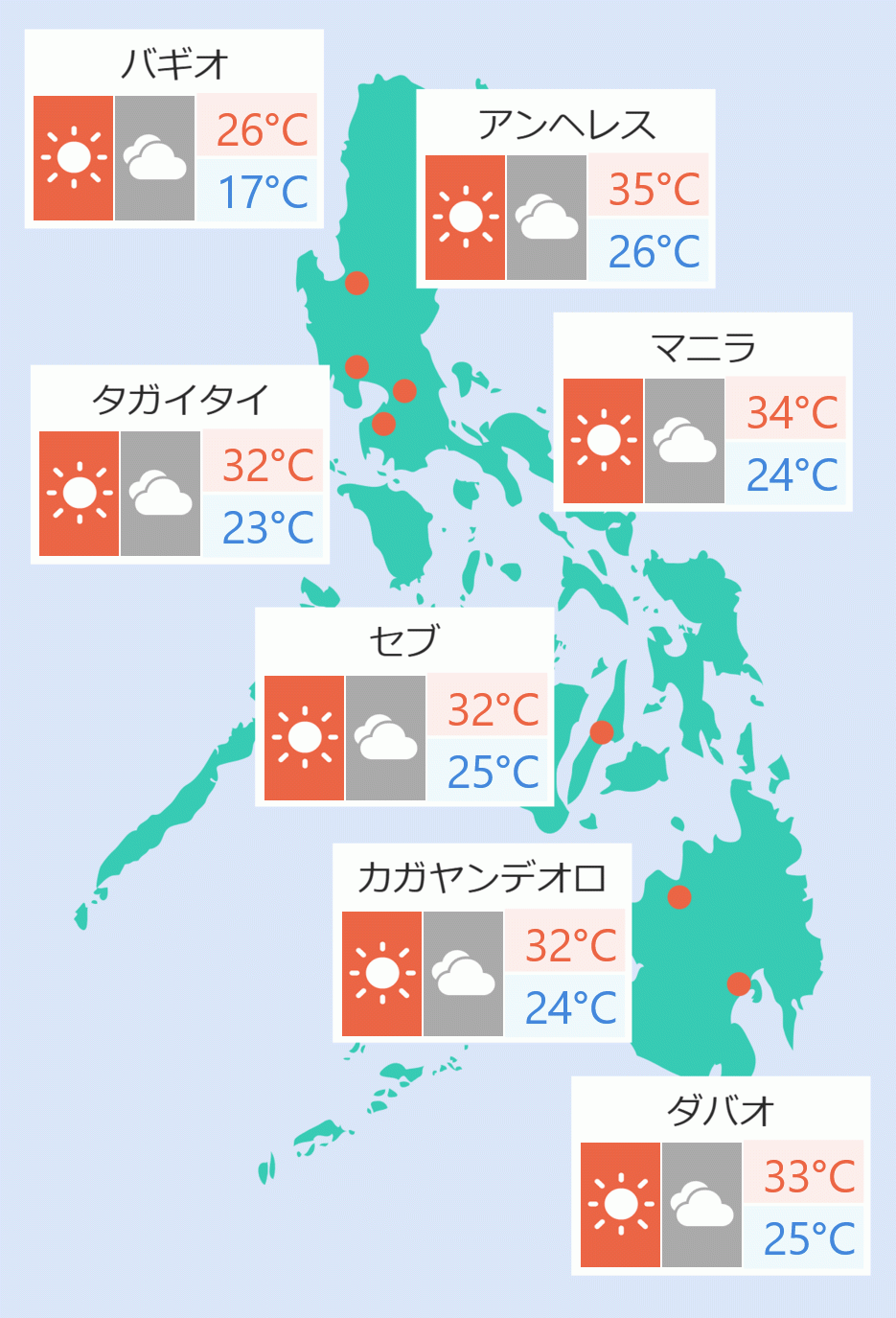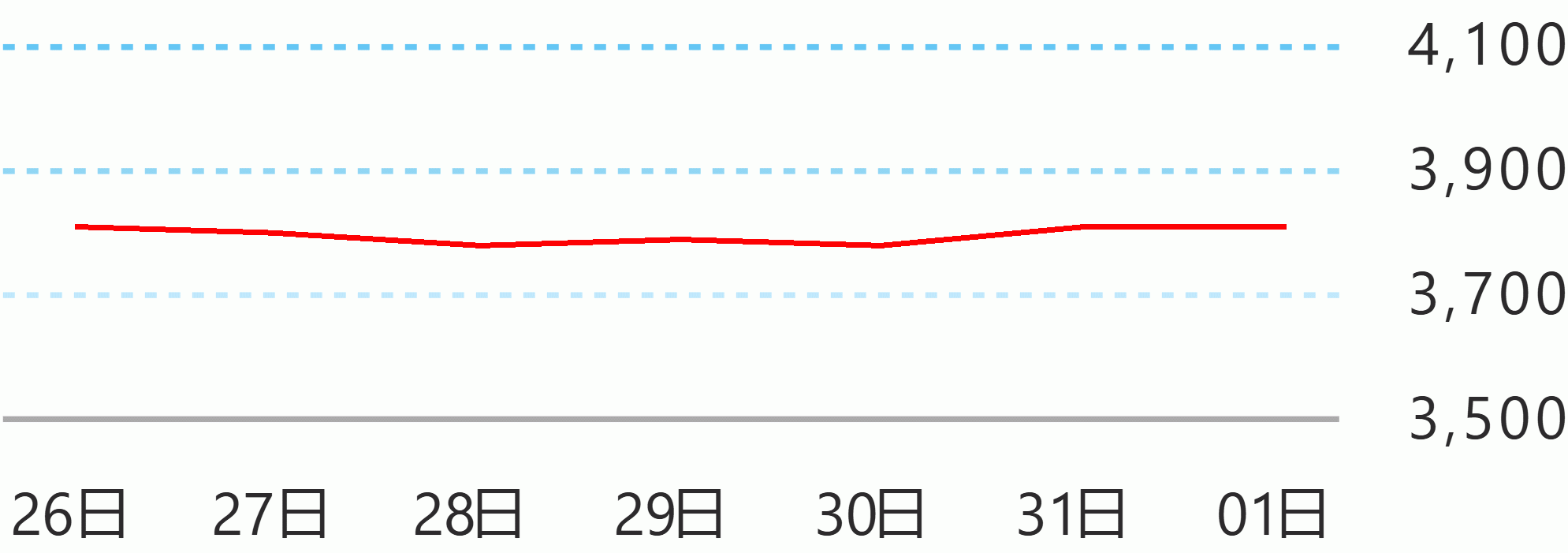The International Monetary Fund (IMF) has lauded Marcos administration’s swift policy actions through the Medium-Term Fiscal Framework (MTFF) in response to the challenges arising from the global shocks, including ongoing geopolitical tensions.
This recognition was highlighted by the IMF in its staff report on the recently concluded Article IV Mission to the Philippines, which was conducted from September 21 to October 3, 2023.
The IMF team, led by mission chief Shanaka Jayanath Peiris, outlined in its report a comprehensive analysis of the economic and financial health of the Philippines.
According to the report, the Philippine government was able to swiftly carry out policy actions in response to the disrupted global markets that resulted in supply chain bottlenecks and elevated inflation rates around the world.
The IMF particularly lauded the Marcos, Jr. administration’s contractionary monetary policy characterized by decisive interest rate hikes to curb inflation, supported by a fiscal consolidation plan through the framework.
The framework aims to bring down the debt-to-GDP ratio to less than 60 percent by 2025 and cut the deficit-to-GDP ratio to 3 percent by 2028.
The IMF is confident that the Philippines will be able to achieve its deficit-to-GDP ratio target for 2023 of 6.1 percent, even projecting that the deficit will fall below the ceiling despite increased public spending in the second half of 2023.
Moreover, the IMF sees that the country’s fiscal path is closely on track to achieving the targets outlined in the framework.
For 2024, it anticipates a deficit-to-GDP ratio close to the target of 5.1 percent, as the IMF projects higher non-tax revenues.
The IMF also recognized the framework dual function: first, it complements the contractionary monetary policy; and second, it widens the flexibility of fiscal policy in addressing future adverse shocks.
The IMF projects the Philippine economy to grow at 6.0 to 6.5 percent over the medium term due to the implementation of structural reforms, such as the Public-Private Partnership (PPP) Code; the Regional Comprehensive Economic Partnership Agreement (RCEP); and amendments to the Retail Trade Liberalization Act (RTLA), the Foreign Investments Act (FIA), the Public Service Act (PSA), and the Renewable Energy Act implementing rules and regulations.
These will help the government pursue the President’s Build Better More program and sustain infrastructure spending at 5.0 to 6.0 percent of GDP annually.
The Department of Finance (DOF) will explore the IMF's proposal of setting the 60 percent of GDP debt ceiling as a fiscal anchor and treating the 3 percent fiscal deficit target as an operational target to steer fiscal policy in the medium term.
The IMF also suggests implementing a more ambitious revenue mobilization strategy to generate more resources for economic and social spending.
In this regard, the DOF has been actively pushing for the passage of several priority tax measures, such as the value-added tax (VAT) on digital service providers (DSPs); Package 4 of the Comprehensive Tax Reform Program (CTRP) or the Passive Income and Financial Intermediary Taxation Act (PIFITA); Package 3 or the Real Property Valuation and Assessment Reform (RPVAR); the excise taxes on single-use plastics (SUPs) and pre-mixed alcoholic beverages; the adjustment of the motor vehicle user’s charge (MVUC); and the rationalization of the mining fiscal regime.
“These are being pushed to boost revenue generation to support high-quality spending for socio-economic development and will help attain the government’s goals in poverty reduction and enhance the country’s response to natural disasters while staying on the course of fiscal consolidation,” Finance Secretary Benjamin Diokno said.
The IMF also acknowledged the need to implement the Military and Uniformed Personnel (MUP) Pension Bill and other similar reforms in conjunction with ongoing initiatives to enhance the oversight of government-owned and controlled corporations (GOCCs).
The Maharlika Investment Corp. (MIC) and its potential to contribute to addressing infrastructure gaps was also recognized by the IMF.
The IMF likewise noted the need to increase capacity building in local government units (LGUs) in light of the fiscal decentralization process required by the Mandanas-Garcia ruling.
The DOF provides data, information, insights, and suggestions on the Study of Operationalizing the Full Devolution that will serve as a guide in defining the functions and services that will be retained by the national government and those that will be devolved to LGUs.
The DOF will continue to assist in the full devolution of government functions and services to LGUs, and be involved in the meetings of the Committee on Devolution (ComDev) to discuss strategies to help the implementation thereof.
On alleviating inflationary pressures, the IMF agrees with the government’s strategy of providing targeted support to the most vulnerable sectors of the economy, as recommended by the Inter-Agency Committee on Inflation and Market Outlook (IAC-IMO), as opposed to generalized subsidies.
The IMF cited the Food Stamp Program as having the potential to widen program coverage and improve distribution specifically to reach the most vulnerable households.
This initiative complements the successful Pantawid Pamilyang Pilipino Program (4Ps), which provides conditional cash grants to the poorest households.
The reduction of tariffs on imported food items was also recommended to reduce inflationary pressures on domestic food prices.
Aside from intensifying measures to improve local production, the Economic Development Group (EDG) reached an agreement to formally request the Tariff Commission to extend the reduction of the Most Favored Nation (MFN) tariff rates on rice, corn, and swine meat as per Executive Order (EO) No. 10 until December 31, 2024, which will be subject to semestral review. This is to help ensure a sufficient supply of these primary commodities in view of the continued threat of animal diseases, as well as the projected El Nino next year.
According to the Finance Secretary, this strategic move will allow importers and traders to diversify their import sourcing and extend it to non-ASEAN countries that could provide more competitive prices for these commodities amid global uncertainties and increasing trade protectionism.
“The DOF extends appreciation to the IMF team for their valuable advice and suggestions aimed at fostering sustainable development and economic stability in the Philippines,” Diokno said.
Under Article IV of its Articles of Agreement, the IMF conducts annual monitoring visits to member countries and submits a report to the Executive Board for discussion.
The Board’s views on the report are then provided to the country’s authorities, which concludes the process known as an Article IV Consultation.
Missions or official country visits by the IMF staff are undertaken to discuss the country’s economic and financial developments and policies. These missions enable the IMF to give timely and targeted policy advice to member countries. DOF Information Management Service





 English
English










